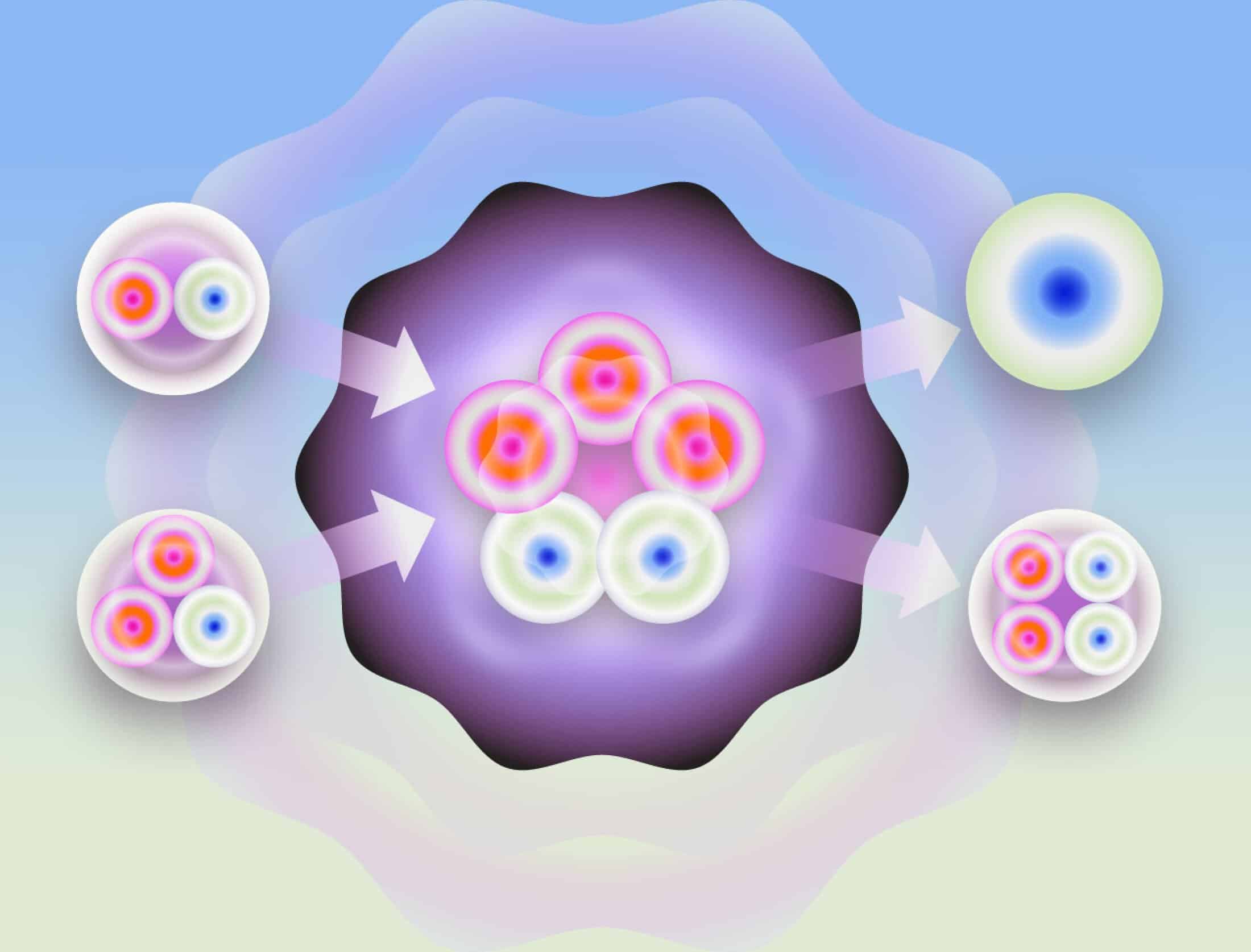
Fastest Path launches Global Fusion Forum
The new online platform aims to facilitate meaningful engagement between fusion technology developers and communities worldwide.

The new online platform aims to facilitate meaningful engagement between fusion technology developers and communities worldwide.
It’s Fusion Energy Week, and to celebrate, the Fastest Path to Zero Initiative has launched the Global Fusion Forum, an approachable online platform aimed at fostering international engagement and collaboration in the development of fusion energy technology.
Led by Aditi Verma, an assistant professor at NERS and Fastest Path, along with a team of interdisciplinary partners including Gabrielle Hoelzle, Kevin Daley, and Andrea Morales Coto (Fastest Path), Katie Snyder (U-M Tech Comm), Steffi Diem (University of Wisconsin–Madison) and science illustrator Ana Kova, the Global Fusion Forum aims to facilitate meaningful engagement between fusion technology developers and communities worldwide.
“Fusion energy systems are at an early stage of development,” said Verma. “We developed this platform because we think it’s important for communities to understand this new energy technology and weigh in on how key decisions that would have socioeconomic and environmental impact should be made.”
“Historically, technology developers have put off seeking this input until the late stages of development,” Verma continued. “With fusion being early enough in its development, we have a unique opportunity to get this process right and build trust with the public and communities from the earliest stages of creating this new energy technology.”
Fusion energy, harnessing the same process that powers the sun and stars, holds the promise of virtually limitless, carbon-free energy. With recent technological advancements, including breakthroughs in high-temperature superconducting magnets, the dream of compact fusion power plants is closer to reality than ever before. The emergence of over thirty fusion technology-focused startups, including the startup founded by NERS alum David Kirtley, and record-breaking private investments exceeding $6 billion, further underscore the momentum behind fusion energy commercialization.
“There have been so many recent advancements in technology and breakthroughs in fusion that have accelerated the path forward on fusion energy commercialization,” said Diem. “I’m excited that this platform will provide a voice for communities around the world to learn more about fusion and provide their input on how these systems are designed and can support them. As a fusion researcher, I’m inspired by the questions and ideas
In alignment with the Fastest Path mission, the Global Fusion Forum aims to facilitate meaningful engagement between fusion technology developers and communities worldwide. By leveraging the expertise of the team in fusion technology, technical communication, science illustration, and UX design, the platform will offer engaging visualizations and educational modules on fusion energy to make complex concepts accessible to a broader audience.
“Fusion is one of my favorite science areas to illustrate because I’m very much inspired by what it represents: a vision of a future where we can have energy abundance without sacrificing our climate,” said Kova.

Users of the platform will learn about fusion energy and have the opportunity to offer their input about how key decisions concerning the development and scaleup of fusion energy systems should be made. It was built with a diverse range of communities and individuals who are invested in the development and implementation of fusion energy technology in mind.
For communities currently hosting energy facilities or those considering hosting them in the future, the Forum will provide a platform to engage with the fusion energy community, fostering dialogue and collaboration. Environmental justice communities may find a vital space here, addressing concerns and ensuring their voices are heard in the fusion energy conversation.
“We’re aiming to develop an approach to energy technology design that really centers equity and justice, and invites community members’ expertise and lived experiences,” said Snyder. “There’s much we can learn from each other!”
Participants of workshops previously hosted by Verma and Snyder benefit from tailored content and discussions, deepening their understanding of fusion science and its implications. Moreover, anyone with an interest in science and technology advancements can discover a wealth of accessible resources and engagement opportunities. At the K-12 level, students, educators, and parents alike will find the Forum an enriching space for learning and exploration.